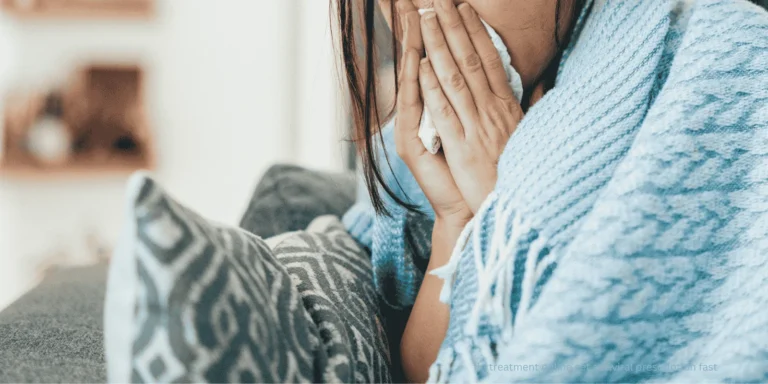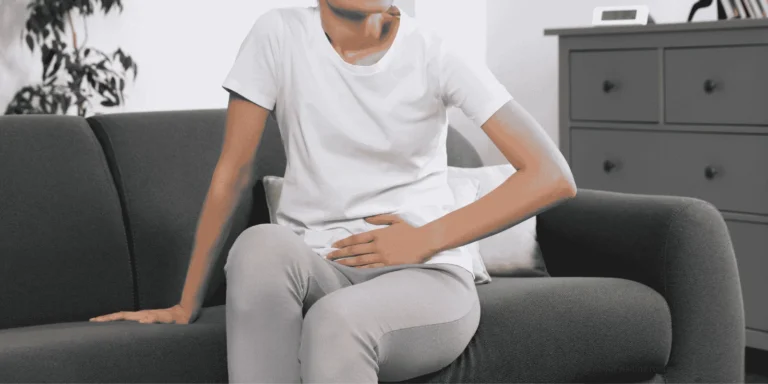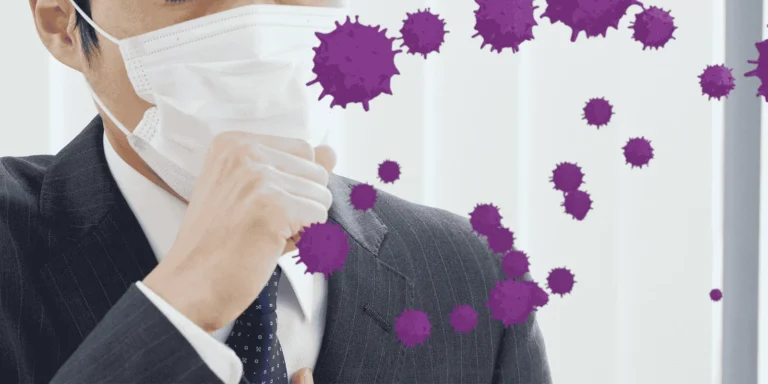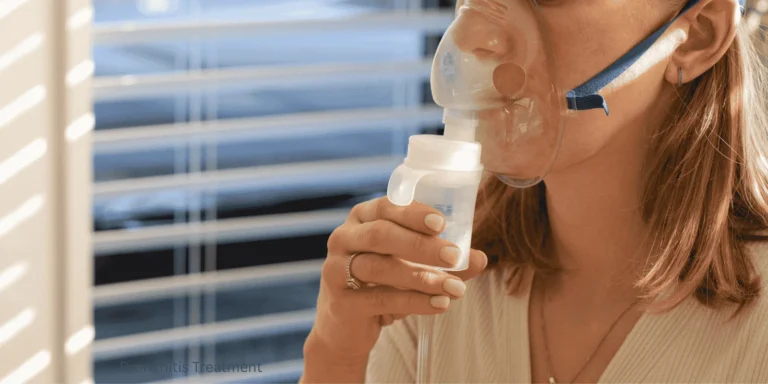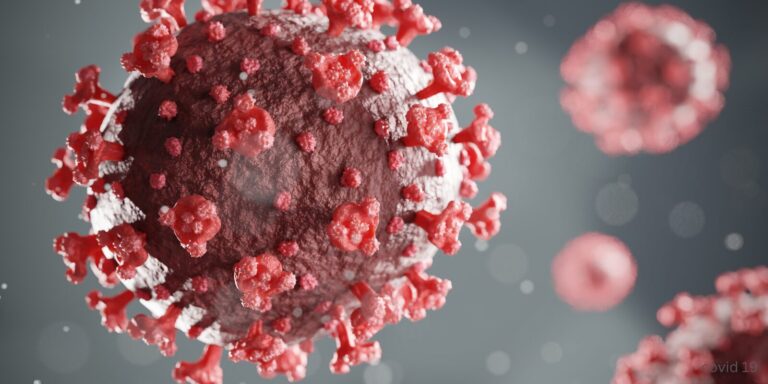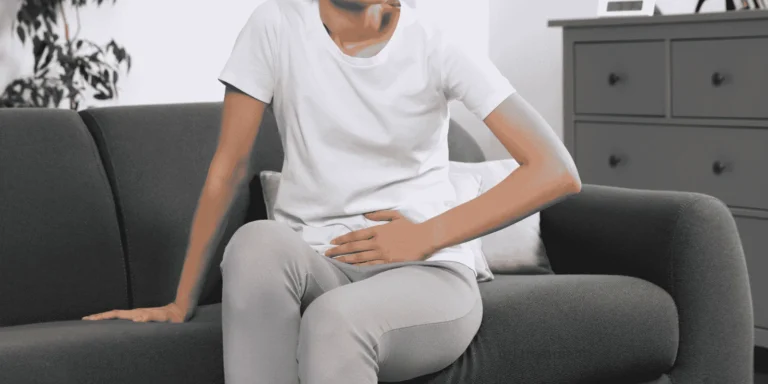“Can I be around my newborn grandson with this shingles rash?” my 65-year-old patient asked, clearly worried about spreading her infection.
Her concern reflects common confusion about shingles transmission. The answer is both reassuring and complex: shingles itself isn’t contagious, but the virus causing it can spread to certain people under specific circumstances.
Understanding the Varicella-Zoster Virus
Shingles results from reactivation of the varicella-zoster virus (VZV) — the same virus that causes chickenpox. After you recover from chickenpox, the virus doesn’t disappear. Instead, it lies dormant in nerve roots throughout your body for decades.
Reactivation triggers include aging, stress, illness, medications that suppress immune function, or other factors that weaken your body’s ability to keep the virus in check.
The shingles rash occurs along specific nerve pathways called dermatomes, typically affecting one side of the body in a belt-like pattern.
What Makes Shingles Different from Chickenpox
Chickenpox spreads easily through respiratory droplets when infected people cough, sneeze, or even breathe near others. The characteristic itchy blisters appear all over the body.
Shingles doesn’t spread through the air. The virus can only transmit through direct contact with the fluid inside active shingles blisters — and even then, it doesn’t cause shingles in the newly infected person.
How Shingles Can Spread
Here’s the important distinction: you cannot catch shingles from someone with shingles. However, if you’ve never had chickenpox or the chickenpox vaccine, direct contact with shingles blisters can give you chickenpox.
Direct contact transmission occurs when someone touches active shingles blisters or contaminated bandages, clothing, or surfaces. The virus enters through small breaks in the skin or mucous membranes.
Fluid from blisters contains live virus particles until the blisters completely crust over and dry up. This is why covering active shingles lesions is so important.
No airborne spread means casual contact like being in the same room, talking, or breathing the same air won’t transmit the virus.
Who’s at Risk from Shingles Exposure
Only certain people can catch the virus from someone with active shingles:
People who’ve never had chickenpox and haven’t received the chickenpox vaccine are susceptible to developing chickenpox (not shingles) after exposure.
Newborns whose mothers haven’t had chickenpox face serious risk, as chickenpox can be life-threatening in infants.
Pregnant women without chickenpox immunity risk complications for both themselves and their unborn babies.
Immunocompromised individuals including those with HIV, cancer patients on chemotherapy, or people taking immune-suppressing medications may develop severe chickenpox.
Who’s Protected from Transmission
Most people are already immune and face no risk from shingles exposure:
Previous chickenpox infection provides lifelong immunity against catching the virus again, though it doesn’t prevent shingles reactivation later.
Chickenpox vaccination creates immunity similar to natural infection, protecting against transmission.
People who’ve had shingles cannot catch it again from someone else, though they could potentially develop shingles again from their own dormant virus.
Timeline of Contagiousness
Understanding when shingles is contagious helps protect vulnerable individuals:
Before rash appears (prodromal phase), shingles isn’t contagious because no blisters are present to release virus particles.
Active blister phase represents the contagious period, typically lasting 7-10 days until all blisters crust over and dry completely.
Crusted/scabbed lesions are no longer contagious because the virus can’t survive on dried, crusted surfaces.
Pain without rash (post-herpetic neuralgia) involves no virus transmission risk.
Practical Precautions for Shingles Patients
If you have active shingles, follow these guidelines to prevent transmission:
Cover the rash completely with clothing or loose bandages to prevent direct contact with blister fluid.
Wash hands frequently and thoroughly, especially after touching the affected area or changing bandages.
Avoid sharing personal items like towels, clothing, or bedding that might come into contact with the rash.
Stay home from work or school until blisters crust over, particularly if you work with high-risk populations.
Specific Situations and Recommendations
Around newborns and infants: Avoid direct contact until lesions are completely crusted over. If you must be present, keep the rash covered and practice strict hand hygiene.
Pregnant women: Determine their chickenpox immunity status before exposure. Those without immunity should avoid contact during the active blister phase.
Healthcare settings: Healthcare workers with shingles should follow facility-specific policies, often requiring coverage of lesions and sometimes work restrictions.
School and childcare: Children with shingles should stay home until all blisters have crusted over, as some classmates may lack chickenpox immunity.
Comparing Transmission Risks
High-risk exposures include directly touching active blisters, sharing bedding or clothing with someone who has active shingles, or providing care without proper precautions.
Low-risk exposures include being in the same room, conversation at normal distances, or contact after blisters have crusted over.
No-risk situations include phone conversations, email communication, or any contact before rash appears or after complete healing.
Prevention for Vulnerable Individuals
People at risk of severe complications from chickenpox should:
Verify immunity status through blood tests or vaccination records before potential exposure.
Consider prophylactic treatment with antiviral medications if significant exposure occurs.
Receive chickenpox vaccine if not immune, though this requires planning before exposure occurs.
Seek immediate medical attention if exposure occurs and immunity is uncertain.
Treatment Impact on Transmission
Antiviral medications like acyclovir, valacyclovir, or famciclovir can reduce the duration and severity of shingles outbreaks, potentially shortening the contagious period.
Proper wound care with appropriate dressings helps contain virus particles and reduces transmission risk.
Pain management doesn’t affect contagiousness but improves quality of life during recovery.
The Bigger Picture: Herd Immunity
Widespread chickenpox vaccination has dramatically reduced the number of susceptible individuals in the population, making transmission from shingles less common than in previous decades.
Vaccine recommendations now include routine childhood chickenpox vaccination and shingles vaccines for adults over 50.
Dispelling Common Myths
Myth: Shingles spreads through the air like chickenpox. Truth: Only direct contact with active blisters can transmit the virus.
Myth: You can catch shingles from someone with shingles. Truth: You can only catch chickenpox, and only if you’re not immune.
Myth: All contact with shingles patients is dangerous. Truth: Only direct contact with active blisters poses transmission risk.
The Bottom Line
Shingles itself isn’t contagious, but the virus can spread to vulnerable individuals through direct contact with active blisters. Most people are already immune from previous chickenpox infection or vaccination.
The key is understanding who’s at risk, when transmission can occur, and how to take appropriate precautions during the active phase of the infection. With proper care and awareness, people with shingles can maintain most normal activities while protecting those who might be vulnerable.


